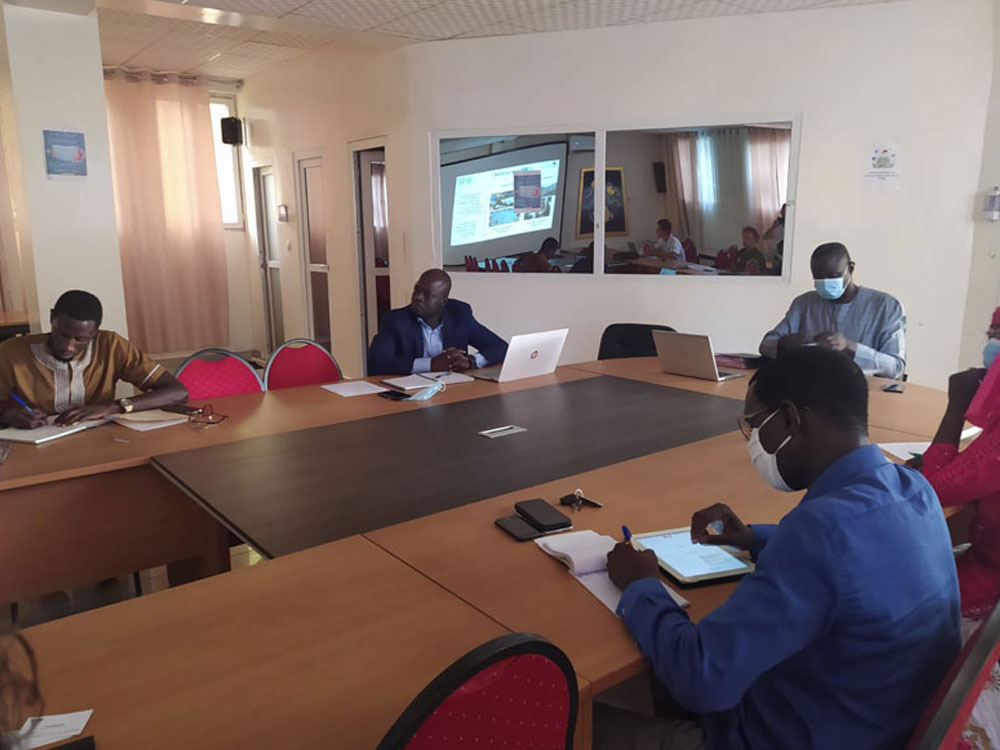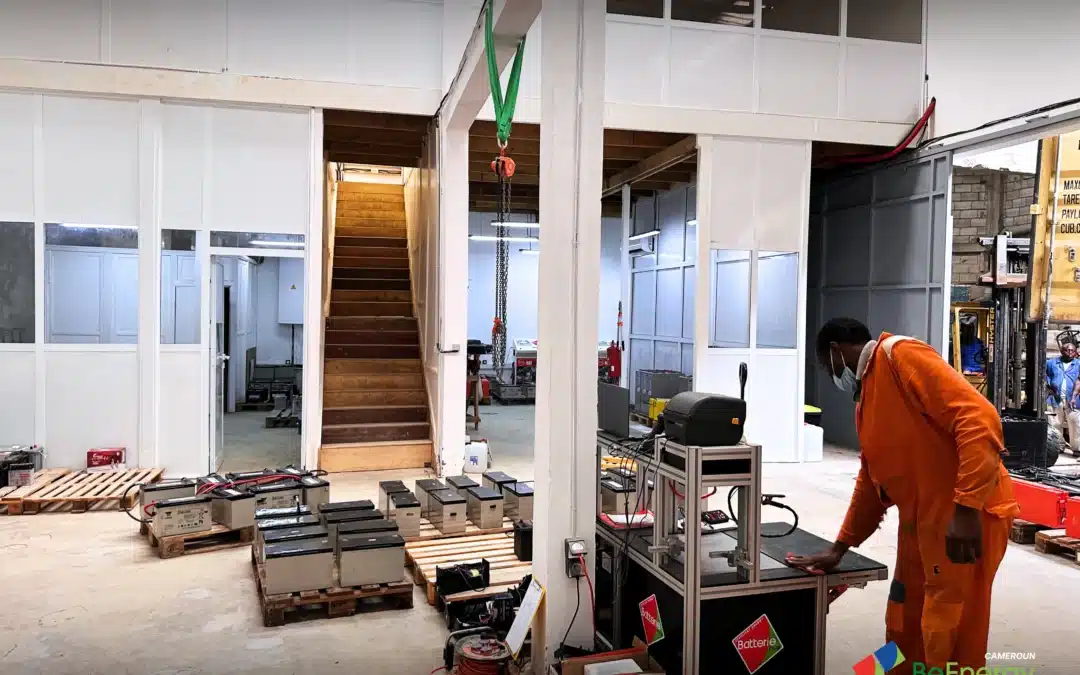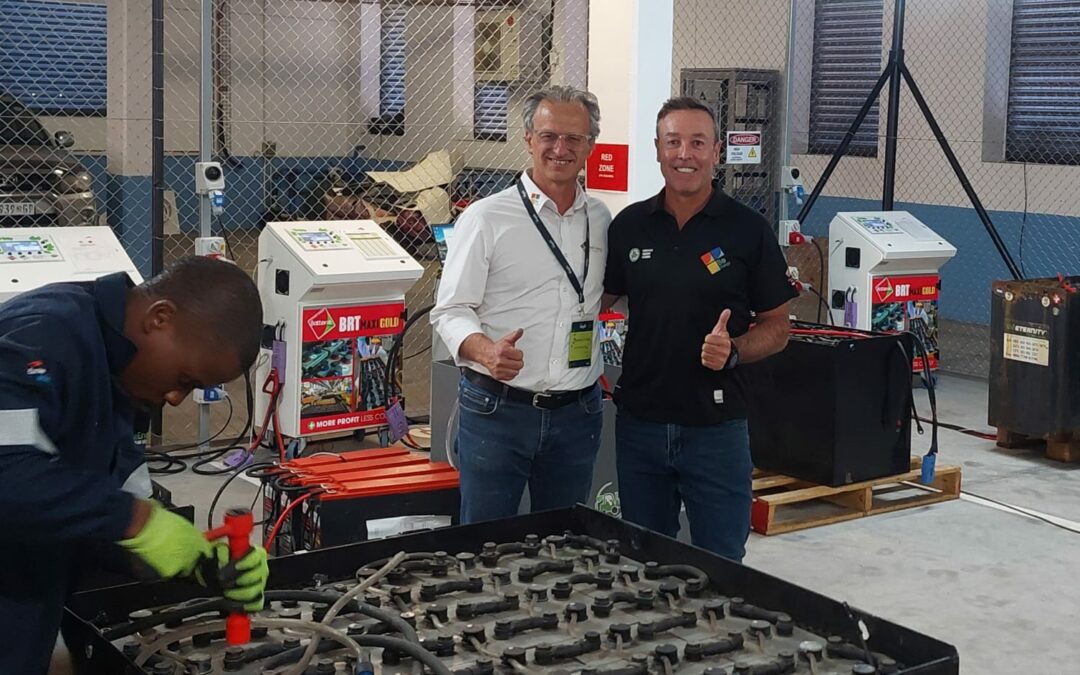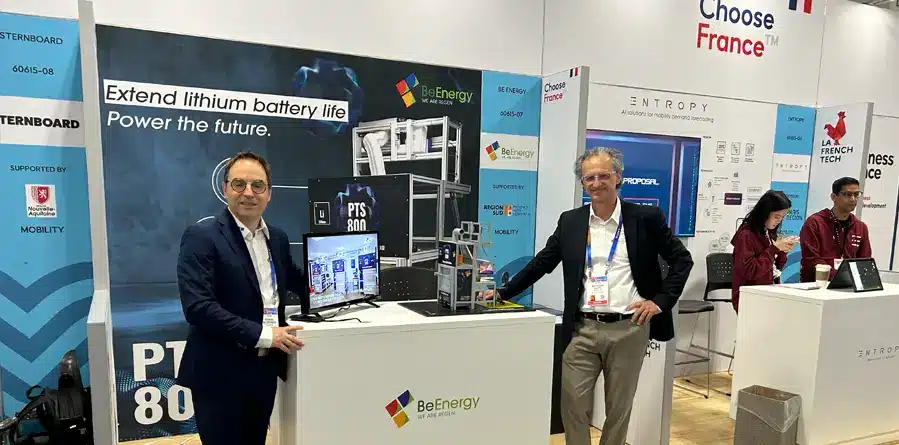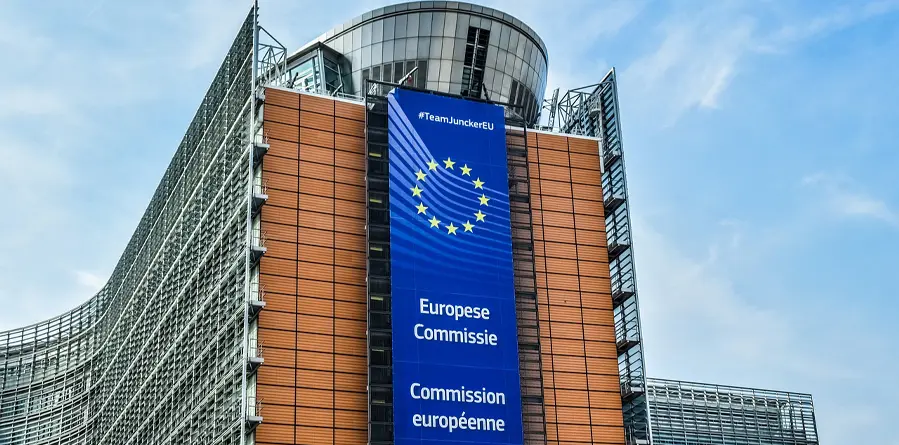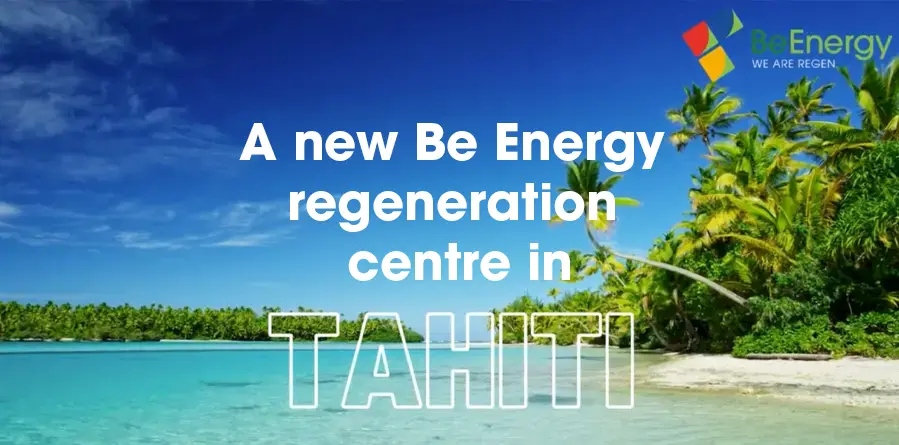The meeting held at the Senegalese Ministry of the Environment on Tuesday 12 October marked the official launch of the Be Energy – Regen System FASEP (Fonds d’Études et d’Aide au Secteur Privé) project in Senegal.
What are the objectives of the FASEP project?
The aim of this 18-month project is to set up a vehicle battery and motor oil regeneration system based around collection centres in Senegal. These new industrial waste collection centres will be set up in close collaboration with the Senegalese Ministry of the Environment, the Senegalese Department of the Environment and Classified Establishments (DEEC), and the Regional Centre for the Basel and Stockholm Conventions (CRCBS).
An essential component of this project is the setting up of a technological demonstrator of Be Energy regeneration solutions (batteries and oils). This demonstrator will travel to a number of towns and villages, selected in advance in consultation with the Ministry of the Environment, to raise awareness among local people of the economic and ecological benefits of regeneration.
The aim of these awareness-raising events with formal and informal car maintenance and repair professionals, in vocational colleges, etc., will be to encourage local people to set up battery and oil collection centres, an essential pillar in the establishment of an effective regeneration sector.
The environmental and economic impact of the FASEP project in Senegal
The FASEP project will lead to a massive reduction in hazardous waste in Senegal. Almost half the lead batteries in Senegal are recycled in the traditional way, in dangerous conditions that can lead to cases of lead poisoning or worse, as in Thiaroye sur Mer where 30 children died of lead poisoning in 2008.
Oils are not forgotten in Senegal: only a quarter of used oils are collected by the Société de Régénération des Huiles (SRH). One litre of used oil can contaminate up to 10,000 m² of water! Setting up a regeneration plant would therefore have a positive impact on the environment, but also on people’s health.
A regeneration sector also creates local jobs (in the regeneration centres, but also in the collection centres) as part of a circular economy.
- It provides an economical alternative for consumers (a starter battery costs the equivalent of the average monthly wage in Senegal, i.e. around €100).
- It reduces Senegal’s dependence on imported batteries and oils.
- In the current post-crisis context, where demand for raw materials is exploding and the cost of transporting goods has tripled, regenerating batteries and oils would be a credible alternative for preserving the purchasing power of Senegalese consumers.
The FASEP Club
A number of French companies specialising in the manufacture and design of battery and oil regenerators, or in the end-of-life management of this type of hazardous waste, are partners in the FASEP project. They will be able to develop their activities internationally as part of the regeneration process in Senegal, and subsequently in other developing countries. The FASEP project is highly repeatable and could initially be applied to the rest of West Africa.
Be Energy has undertaken to run a FASEP Club bringing together all these companies, to ensure ongoing monitoring of the project’s progress.
The next stages of the FASEP project
Thomas Charoy, an engineer from the Ecole Centrale Paris and a doctor in physics, has been seconded to Senegal to work full-time on the project as part of an international business volunteer scheme (VIE).
Working with the Ministry of the Environment, DEEC and the CRCBS, Thomas Charoy will be identifying the major players in the current battery and oil sector (new and used), quantifying incoming and outgoing flows and identifying potential future stakeholders in the regeneration sector.
At the same time, the rest of the Be Energy team will be working on setting up the demonstrator, with the main constraint being the adaptation of regeneration technologies to Senegal’s tropical climate.

